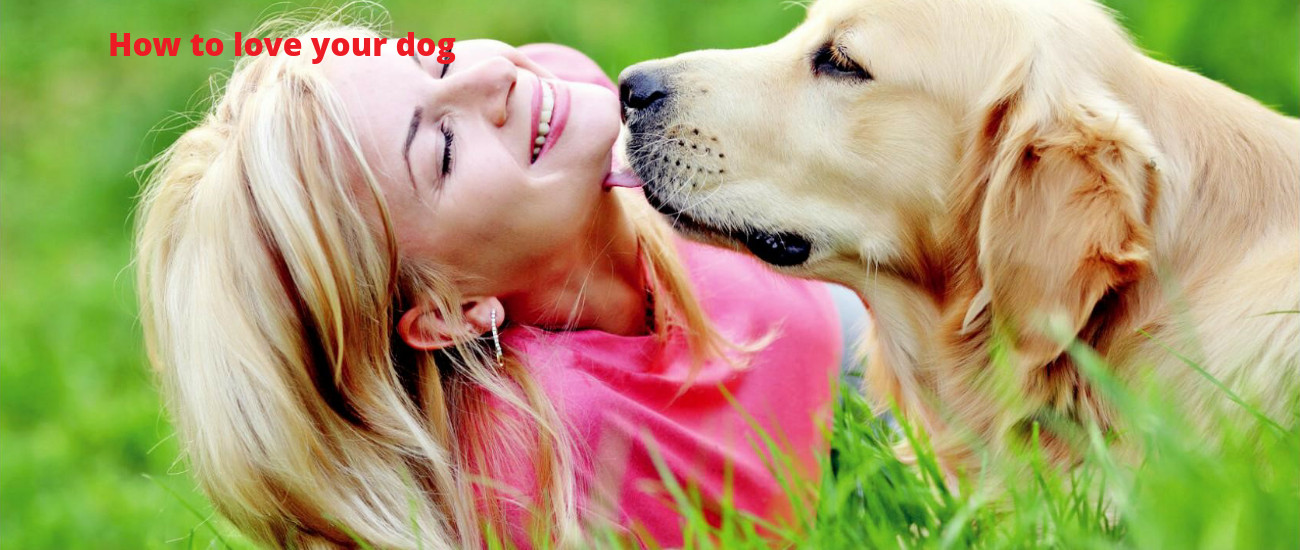Learn how to love your dog.
Like any relationship in our lives, we are acting in the dog’s best interest in creating and maintaining a healthy bond.
The bond we share with our dogs is very special and so very personal to each of us. Dogs are so unique, they see us at our best and at our worst. They never pass judgement, continuing to love us unconditionally and give us their full trust and loyalty.
With a companion that offers so much it is no wonder people worldwide have such a love and admiration for dogs. They happily provide for their needs and worry if they are afraid or ill.
Offering our dogs our love and care is easy. Even when they are naughty we forgive easily. However, like any relationship in our lives, we need to take care we are acting in the dog’s best interest in creating and maintaining a healthy bond.
It is possible to love our pets too much and be overly cautious. Sometimes to the point of a dog developing anxiety issues and thereby affecting their personalities.
Developing strange behaviours
I have had numerous discussions with clients whose dogs have developed behaviours such as:
- not listening
- becoming anxious or fearful in certain situations
- being over protective
- barking excessively at guests and displaying aggression.
In many cases, they say, it came out of nowhere, the dog had never acted out this way before. Yet, when we discuss the lifestyle and living arrangements of their dogs, it can be apparent that the problem had been building up for some time.
Dealing with such behaviours
In many of these cases simply changing the daily routine and feeding regime can help. You provide a structure the dog needs and change the dynamics of your relationship and solve the problem. A happy and balanced dog is a dog that feels safe and secure in our expectations of them. We can love our dogs and still maintain boundaries and rules.
There are some who love their dogs so much they feel they have to constantly cuddle them. They can barely bring themselves to tell the dog ‘No’ if he does something he shouldn’t or acts inappropriately. This usually results in a dog that becomes confused about his role in the household and behavioural problems develop. We must remember that dogs are pack animals and understand only too well the rules of hierarchy. They become much more centered and relaxed when their role is apparent.
Considering the proper relationship
If you consider a relationship where you give everything all the time. Without question, rules or boundaries, the recipient may start to take it for granted. They feel that they deserve the special treatment and become aloof and unthankful, or even quite demanding.
Certainly this is not always the case. There are some dogs that have happy go lucky person alities with no problems or quirks. However, in these cases, you will find that some kind of solid routine or guidelines have been implemented at a young age. In this way, the dog has been developed into the happy, easy going dog that he or she is.
A few basic rules to remember:
Set rules and boundaries.
Clearly demonstrate to your dog when she is doing right and wrong. With this you will reinforce good behaviour with praise and even food rewards.
Be consistent.
For instance if your dog is not allowed on the sofa, then everyone in your household must not allow the dog on the sofa.
Pay attention to your dog.
If your dog is uncomfortable or afraid of something, don’t reinforce their fear by petting them. On the opposite, try to distract them and reward them for focusing back on you.
Praise your dog.
Be fair and considerate and remember to praise him when he does what you ask him to.
Watch your tone of voice.
Use your tone of voice as a tool. So, when he does something good, praise verbally in pleasing tones. Or if something bad, a calm lower tone telling your dog ‘No’.
Spend quality time with your dog.
Do an activity together such as training, playing, walking or running and give your dog time to relax with you afterwards.



